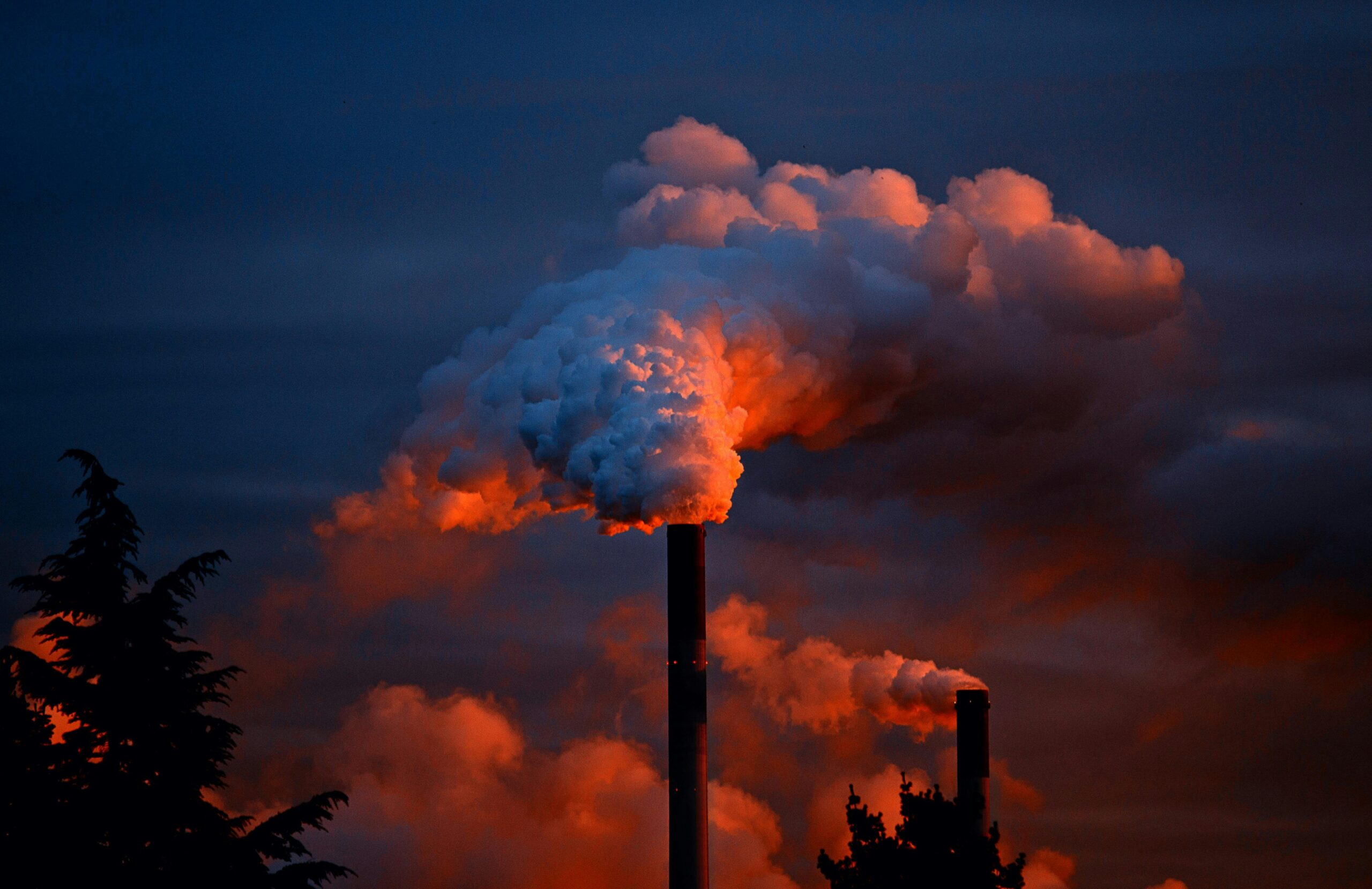The modern world is witness to a silent crisis unfolding in the air we breathe. A disturbing new report reveals the shocking impact of pollution: billions of lives cut tragically short. The numbers are staggering; the effects are simple, yet profound.
Years, not just moments or days, are stolen from us due to the quality of the air that envelops our everyday environments. For environmental activists and the common citizen alike, it’s a stark reminder of the invisible dangers of our industrialised societies.
The Culprits
Air pollution caused by burning coal is significantly impacting human health, particularly in India where the average citizen’s life is shortened by six years. While China has made progress in reducing air pollution, it still shortens its people’s lifespan by 2.6 years. The burning of fossil fuels not only contributes to air pollution but also exacerbates the climate crisis. However, nations have the power to greatly reduce dirty air within their borders. Unfortunately, the climate crisis is now fuelling wildfires, creating a harmful cycle of air pollution.
Recent events have highlighted the potential outcomes depending on whether governments take action or not. During coronavirus lockdowns, pollution decreased and residents in some Indian cities were able to see the Himalayas. On the other hand, wildfires in the western US resulted in serious pollution reaching New York City on the opposite coast.
According to Professor Michael Greenstone at the University of Chicago, air pollution is the greatest threat to human health globally. However, it is often underestimated or not given enough attention. Prof. Greenstone and his colleagues developed the Air Quality Life Index (AQLI) which measures how air pollution levels impact life expectancy.
A Stark Revelation by the Latest Figures
Air pollution is causing a significant loss in human life, with the average global citizen losing 2.2 years of life due to current pollution levels. This adds up to a staggering 17 billion lost years. Even more concerning is the fact that we are not merely witnessing this loss of life, but we are contributing to it. Certain countries, influenced by societal norms and government decisions, are allowing their citizens to live shorter and sicker lives. However, progress has been made in reducing pollution through the adoption of cleaner energy sources and enforcing air quality measures.
The 2021 AQLI report estimated the potential increase in years of life if air pollution levels were reduced to World Health Organization guidelines. For instance, India could gain an additional 5.9 years of life if pollution levels improved, especially in the northern region where 480 million people are exposed to extreme pollution levels 10 times higher than anywhere else in the world. Similar gains could be seen in Bangladesh, Nepal, and Pakistan.
In central and west Africa, particulate pollution is having comparable impacts on life expectancy as HIV/AIDS and malaria but receives much less attention. For example, individuals in the Niger Delta can lose nearly six years of life on average, while the average Nigerian loses 3.4 years.
China’s efforts to combat pollution have shown promising results with a 29% reduction in levels. This has translated to an average increase of 1.5 years in life expectancy assuming these reductions continue. It proves that swift action can make a significant difference.
While fossil gas produces less pollution than coal, it still contributes significantly to global heating. Investing in new gas projects must cease immediately if we want to achieve carbon neutrality by 2050, according to Christiana Figueres, former UN climate chief.
Mobilising for Change
It is not all doom and gloom; the power to reverse and mitigate this crisis rests with us. Each societal stakeholder, from governments to individuals, bears a slice of the responsibility and the ability to enact positive change.
For Policy Makers:
- Implementation and strict enforcement of air quality standards.
- Investment in public transportation and incentives for electric vehicles.
- Funding research into renewable energy sources and clean technologies.
For Environmental Activists:
- Grassroots campaigns to raise awareness about the impacts of pollution.
- Lobbying for legislation that prioritises the environment and public health.
- Collaboration with communities to measure and mitigate local air quality.
For Diesel Car Owners:
- Transitioning to cleaner modes of transportation such as hybrid or electric vehicles.
- Regular maintenance of vehicles to ensure optimal emission controls.
- Filing a diesel emissions claim with the help of a diesel claim expert to hold car manufacturers accountable.
- Advocacy within personal networks about the tangible dangers of air pollution.
Conclusion
The impact of pollution on lifespan is a wake-up call for action. Although the situation is urgent, change is possible and life expectancy can be preserved when society commits to it collectively. As governments, activists, and citizens reconsider their choices, each step forward is a victory in reclaiming our air and our future. Join the fight against air pollution today and visit https://www.claimexperts.co.uk. Every year matters.
